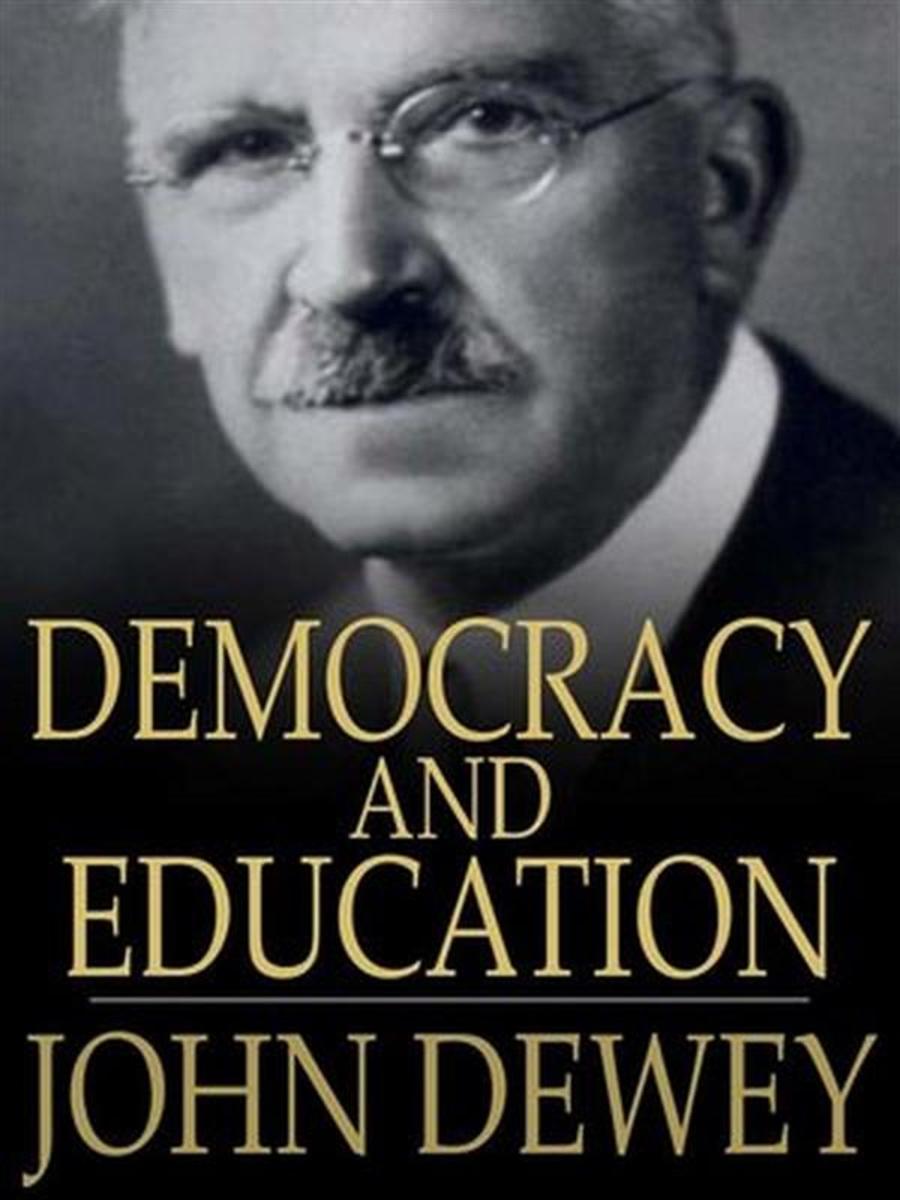
It includes the development of artistic capacity of any kind, of special scientific ability, of effective citizenship, as well as professional and business occupations, to say nothing of mechanical labor or engagement in gainful pursuits.īut Dewey admonishes against our tendency to define ourselves by what we are best at, which invariably routinizes our work and confines our character: Occupation is a concrete term for continuity. The opposite of a career is neither leisure nor culture, but aimlessness, capriciousness, the absence of cumulative achievement in experience, on the personal side, and idle display, parasitic dependence upon the others, on the social side. He defines calling as “a continuous activity having a purpose” and argues that such activity applies our natural gifts in a way that both fills us with a sense of aliveness and enriches the lives of our fellow human beings:Ī vocation means nothing but such a direction of life activities as renders them perceptibly significant to a person, because of the consequences they accomplish, and also useful to his associates.

Perched in time between Nietzsche’s gripping 1873 meditation on how to find yourself and Parker Palmer’s contemporary manifesto for how to let your soul speak, Dewey examines the question of how we find our purpose and what makes for a deeply fulfilling occupation.


More than two millennia later, philosopher, psychologist, and education reformer John Dewey (October 20, 1859–June 1, 1952) - one of the finest minds our civilization has produced, whose insights on how we think and the real role of education continue to refine the human spirit - addressed this abiding question of purpose in his 1916 masterwork Democracy and Education ( public library). The question of how to find our purpose in life and make a living of what we love is indeed a perennial one, the record of its proposed answers stretching at least as far back as Plato, who believed that it was the role of education to uncover each person’s talent, train its mastery, and apply it toward the flourishing of society. “Someone has a great fire in his soul and nobody ever comes to warm themselves at it, and passers-by see nothing but a little smoke at the top of the chimney,” young Vincent van Gogh despaired in a letter to his brother as he floundered for a calling.


 0 kommentar(er)
0 kommentar(er)
